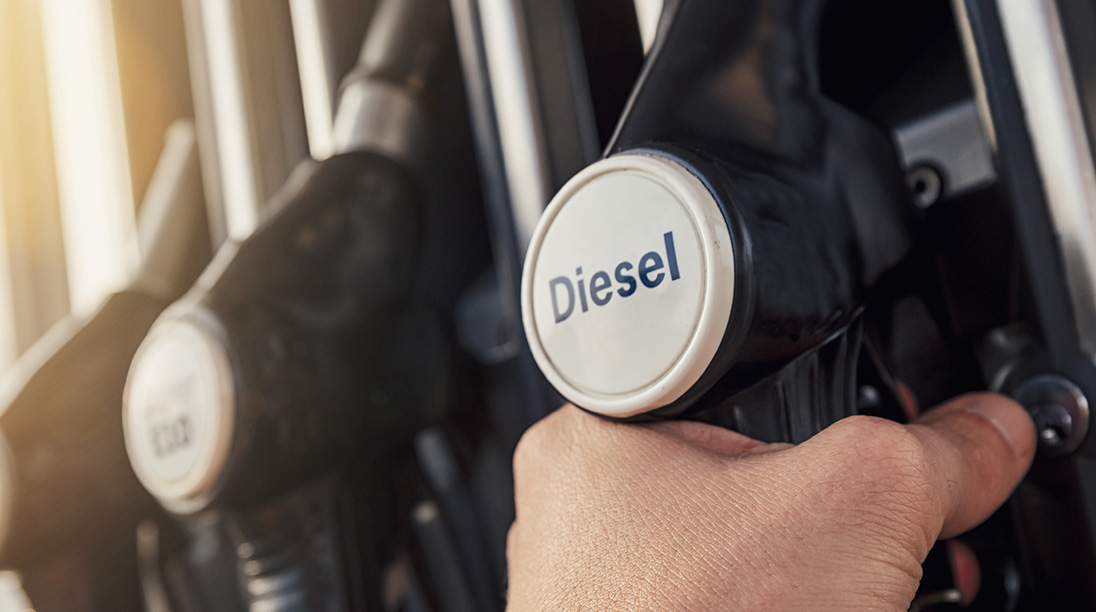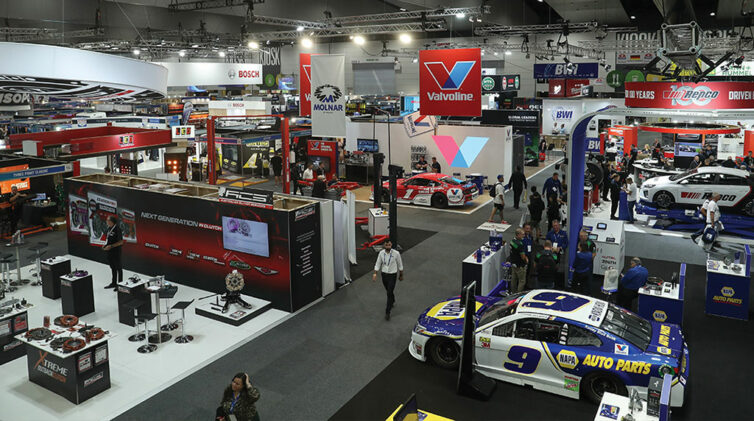The fact is that Australia is in a critical state of having a mere 17 days of diesel fuel in stockpile.
This is in breach of an international energy treaty and places the nation in a parlous position if shipping is interrupted by conflict in the increasingly tense South-East Asia – especially the South China Sea.
In an alarming report by the Department of Environment and Energy, Australia has its lowest fuel stocks on record with only 17 days of diesel and 22 days of petrol on tap.
But Australia is required to hold 90 days worth of oil stocks under a treaty signed with the International Energy Agency’s energy program. It demands signatories be able to contribute in the event of a global oil supply disruption.
Yet Australia is the only country that does not meet the IEA standard.
This week the Maritime Union of Australia (MUA) said Australia has not met the IEA’s regulation since March 2012. It is now demanding the federal government return the nation to compliance.

MUA national secretary Paddy Crumlin said: “No one has been at the wheel of energy security in Canberra for a very long time.”
The MUA produced a report “Australia’s Fuel Security – Running on Empty” in December last year. It was written by shipping expert John Francis who said Australia now relies on the equivalent of almost 60 full-time fuel import tankers to keep the nation supplied with petrol, diesel and jet fuel, mainly from Korea, Singapore and Japan.
“The report found Australia’s reliance on foreign-flagged tankers removes any opportunity for the Commonwealth to be able to requisition national flag tankers if necessary to secure minimum import or coastal distribution requirements following major economic or geopolitical disruptions,” Mr Crumlin said.
“The cost of addressing this risk is comparatively low: even carrying Australia’s entire import volume on a fleet of Australian tankers would cost less than one extra cent per litre.”
Meanwhile the Department for Environment and Energy (DEE) said that in the past 10 years, three of Australia’s refineries have closed and production of liquid fuels has declined by one third.
To rectify the dramatic reduction in fuel stocks, the federal government has now announced it will buy fuel supplies at a cost of about $225 million and hold these offshore.
This solves the immediate problem of boosting Australia’s fuel reserves but the stocks remain outside of Australia’s shores.
The DEE said it has “begun implementing the government’s two-phase plan to return to compliance” with the first phase involving buying “oil tickets” up to 400 kilotons – equivalent to about three million barrels of crude oil and five days of Australian consumption – worth about $A225 million at the current oil price of about $A75 a barrel. It will repeat the exercise in the next financial year.
“Oil tickets are a type of oil reservation contract, where Australia pays a third party to reserve an amount of oil in return for a monthly fee,” the DEE said.
“These tickets will enable us to meet our treaty commitment to help ease market disruption in a global oil emergency.

“If requested to contribute to a collective action in the event of an IEA-declared global oil emergency, Australia would be able to help ease the oil market disruption by either purchasing the reserved oil for use in Australia or releasing it to the market.”
In an article in The Australian newspaper, the director of the Centre for Energy and Natural Resources Law at Deakin University, Professor Samantha Hepburn, said the “whole point is to ensure (fuel) availability in the event of a crisis’’ and that it was dangerous for Australia to remain so far under the IEA-mandated days of supply.
“The security of Australia’s petroleum supply chains requires urgent assessment,” the newspaper quoted her.
“Australia is the only developed oil-importing country in the world that has no government-controlled stocks of crude oil or refined petroleum products.”
A review of the fuel situation was expected to be completed this year and would lead to Australia being “likely” to comply with IEA standards by 2026 – seven years away – according to a spokesman for energy minister Angus Taylor.
Mr Cummins said the solution was for the Australian government to support, as a matter of urgency, a number of Australian tankers as part of a national strategic fleet to ensure that some level of supplies can be maintained in the event of a crisis.
The MUA report said there are now no Australian-crewed tankers supplying fuel here.
“This is down from 12 in the year 2000. At the same time, the number of refineries has halved to four,” Mr Cummins said.
“This means we now import more than 90 per cent of our fuel and that number is rising.
“Australians would expect our Government to have a better plan and this would involve more refining here and Australian-crewed ships to carry it around the coast.
“This isn’t only a matter of fuel security but also national security. Unlike Australian seafarers, foreign crews have no background checks yet they are carrying petroleum products, ammonium nitrate and LNG around the Australian coast.”
By Neil Dowling













 Read More: Related articles
Read More: Related articles

